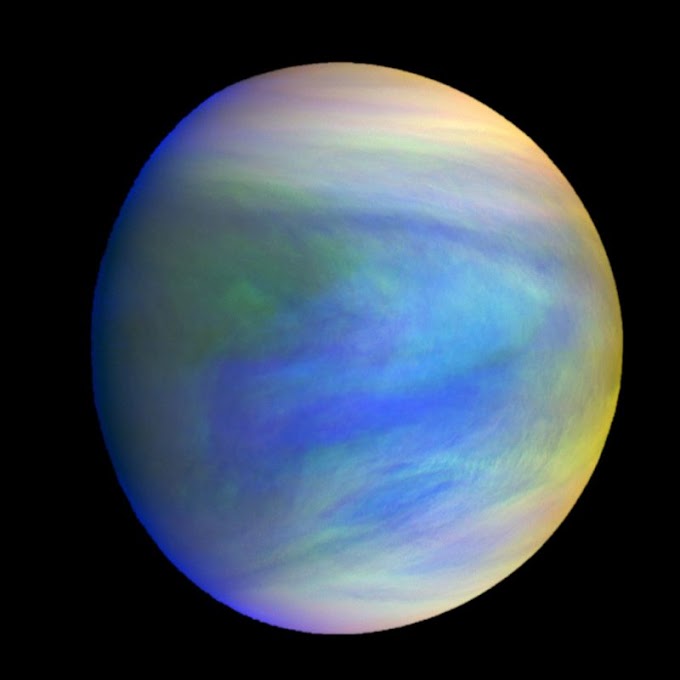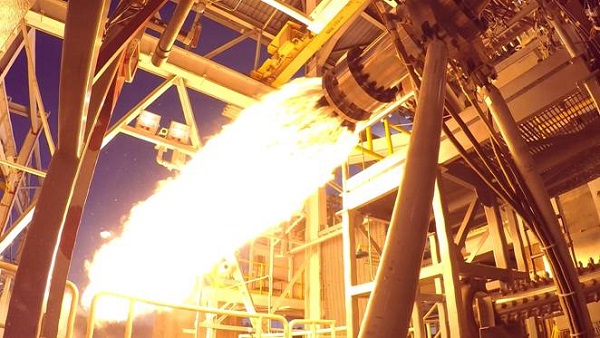SRMSAT is a Nanosatellite built by students at Sri Ramaswamy Memorial University(SRM Institute of Science and Technology, Chennai) in India.
SRMSAT is an Indian Technology demonstration and Earth observation satellite which is operated by the SRM Institute of Science and Technology.
SRMsat working started in 2008. This satellites launched 12th October 2011
The nanosatellite has been developed under the guidance of ISRO (Indian Space Research Organization).
The overall goal is to provide hands-on experience to the students and the faculty of SRM University.
 |
| Credit: ISRO |
The science objective of the mission is to monitor greenhouse gases (GHG), mainly carbon dioxide (CO2) in the atmosphere.
The students from 12 different engineering disciplines at the university have been working closely with the ISRO expert team to develop the nanosatellite.
SRMSAT's primary mission was the development of a nanosatellite platform for future missions.
Its secondary mission was the monitoring of greenhouse gasses using an Argus Spectrometer.
SRMsat uses grating spectrometer, which will observe the absorption spectrum over a range of 900nm-1700 nm infrared range.
Read: GSAT - 17
 |
| Credit: ISRO |
Specification:
• It is a 10.4-kilogram spacecraft, which measures 28 centimetres in length by 28 centimetres in height and width.
• Its development programme cost around 1.5 crore rupee.
• It had a design life of one year but is still working As of October 2017 and can be tracked easily on n2yo.com
Also Read: GSAT - 02
Overview:
- Mission: observation of GHG
- Operator: SRM University
- Mission Duration: 1 Year
- Launch date: 12th October 2011
- Launch vehicle: PSLV C18
- Launch site: Sriharikota
- Regime: Low earth orbit
- Inclination: 20 minutes
 |
| Credit: ISRO |






0 Comments